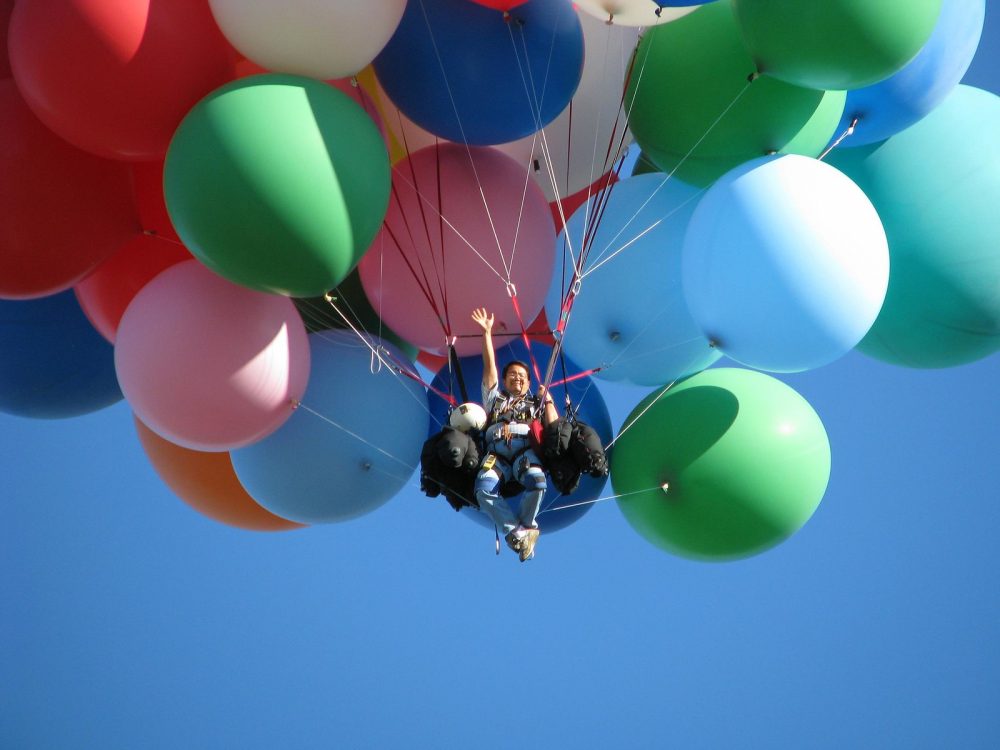
Today’s guest post is by author, editor and writing coach Mathina Calliope (@MathinaCalliope).
Big words get a bad rap.
George Orwell practically outlaws them in his famous essay Politics and the English Language (which, if you haven’t yet read, do, as soon as you finish this). It’s right there in rule (ii): Never use a long word where a short one will do.
Hemingway famously preferred short words to long:
Poor Faulkner. Does he really think big emotions come from big words? He thinks I don’t know ten-dollar words. I know them all right. But there are older and simpler and better words, and those are the ones I use.
Using big words may feed our ego. Hemingway clearly thought they fed Faulkner’s. And ego-nourishment is no reason to use a big word.
Esoteric vocabulary is sometimes fingered for deliberate obfuscation (see what I did there?). One of the many lines our country has split along is between regular folks and elites. The former call the latter’s use of obscure words pretentious (or they would if they used big words. Instead they call it snobby). The latter find the former’s avoidance of clarity and precision to be, um, deplorable.
But big words can be beautiful. Notice that Orwell doesn’t categorically prohibit them; he implies room for their use “where a short word” won’t do. Hemingway masterfully combined short words to make big meaning, but not everyone has Hemingway’s talent or wants to imitate his style.
As with every word on a page, a big word must earn its place by communicating something vital to the author’s message. Orwell’s opposition stemmed from reading text bloated with big words that supplied no meaning or clarity. Hemingway’s motivation to avoid them seems more stylistic.
In any case, to earn its place in a text, a big word must be two things: the right word and the best word.
It’s the right word if its meaning is what you intend. It can be tempting to use a word whose meaning we sort of know; we’ve heard it in this context before. But if its meaning isn’t precisely right, some of your readers will know this, and you’ll lose credibility with them. Readers who know its meaning no better than you will not be impressed either, because they will only sort of know what you’re trying to say. Of course using such a word shows that you only sort of know what you’re saying, too.
It’s the best word if using it reduces your overall word count. Take a word like calamities in this sentence: “Not all these calamities would spell death, of course.” The sentence is from a story I wrote about things that can go wrong on a backpacking trip: a turned ankle, a leaking tent, a broken water filter, a snapped hiking pole. Using calamities saved me two words; the alternative is “Not all these things going wrong.” Would disasters have worked? Sure, but calamities is less frequently used, therefore fresher, therefore, in my opinion (yes, this is subjective), more interesting.
If a simpler synonym would be vague (e.g. problems) or if avoiding the big word creates verbosity, let the big word do its work.
One of the English language’s most beautiful features is its many words, each with a shade of meaning ever so slightly distinct from its next nearest relative. This feature lets us write with precision, which gives our ideas clarity, which improves communication, which is, after all, the point of prose.
Mathina Calliope is a writing coach, teacher, editor, and writer whose coaching is informed by more than twenty years’ experience teaching students ages 9 to 89. Her years in the classroom, plus an MFA in creative nonfiction writing and an M.Ed. in teaching, have given her powerful pedagogical tools to use with her clients. Her words can be found in Creative Nonfiction, Longreads, The Rumpus, The Wall Street Journal, Outside, and elsewhere. Her memoir and personal essay classes at Politics and Prose Bookstore in Washington, DC, regularly sell out.

Great piece. I could have said exploration. Very valuable. Thanks
Thank you!
Or, as my father warned me: Elucidate more emphatically or I’ll horizontalize your perpendicularity.
Hahahahaha
You hit the nail on the head with these two assertions:
It’s the right word if its meaning is what you intend.
and
It’s the best word if using it reduces your overall word count.
Many thanks, Ronald.
[…] Words are our currency, and finding the right ones can elevate our writing to a new level. Debbie Burke lists the 8 qualities to look for in the perfect word, while Mathina Calliope extols the charm of the large word. […]